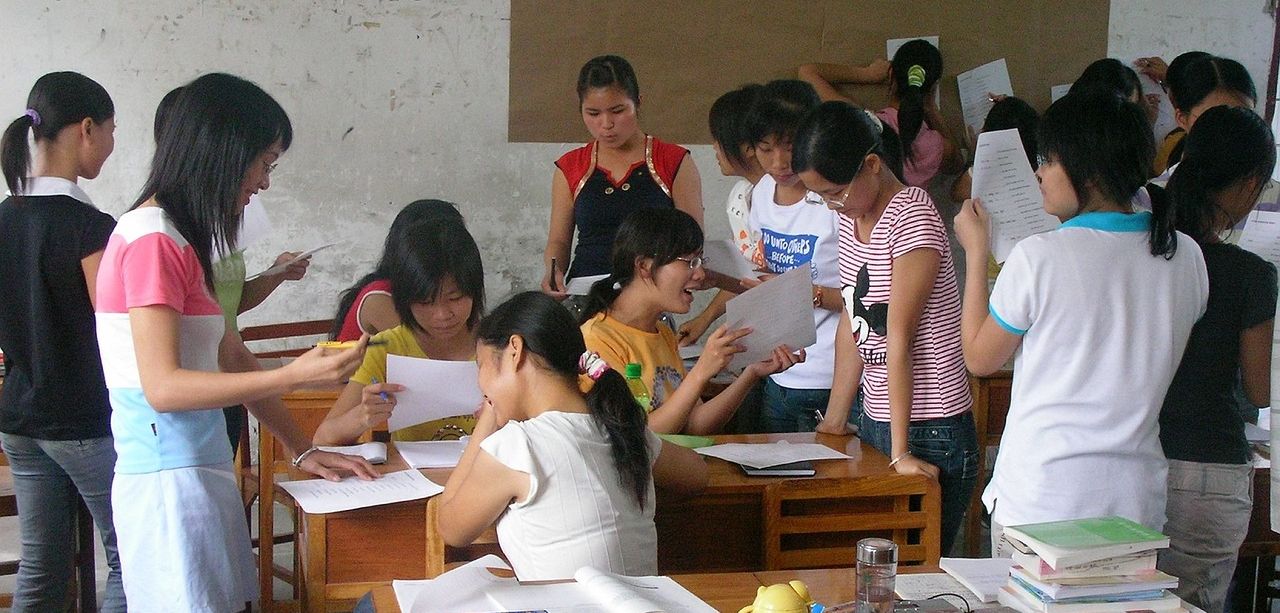WP01-21

Parental Human Capital Investment Responses to Children’s Disability
Abstract
This paper proposes a simple theoretical framework and an estimation strategy aimed at investigating whether parental decisions to invest in the education of disabled children are driven by equality or efficiency. Even if parents are inequality averse, they may still choose to invest more in non-disabled children than in disabled children if there are ad- ditional costs of education associated with disability. This implies that comparisons of parental investments across siblings with different health conditions (such as the ones un- derlying sibling fixed effects models) do not necessary yield an unambiguous conclusion about parental inequality aversion. By means of a general preference model, I show that variation in family size and children’s disabilities can be used to infer whether parents are averse to inequality or if, instead, they care more about efficiency. In particular, I exploit the fact that parents of only children cannot possibly exhibit inequality aversion. I apply this identification strategy to Mexican cross-sectional data and find evidence that equality is important for parents.
Keywords
Inequality aversion, disability, parental responses, inta-household allocation, human capital formation, entropy balancing
Authors: Anastasia Terskaya
Jel Classification: D13, I12, I14, J13, J14
N° Pages: 31
